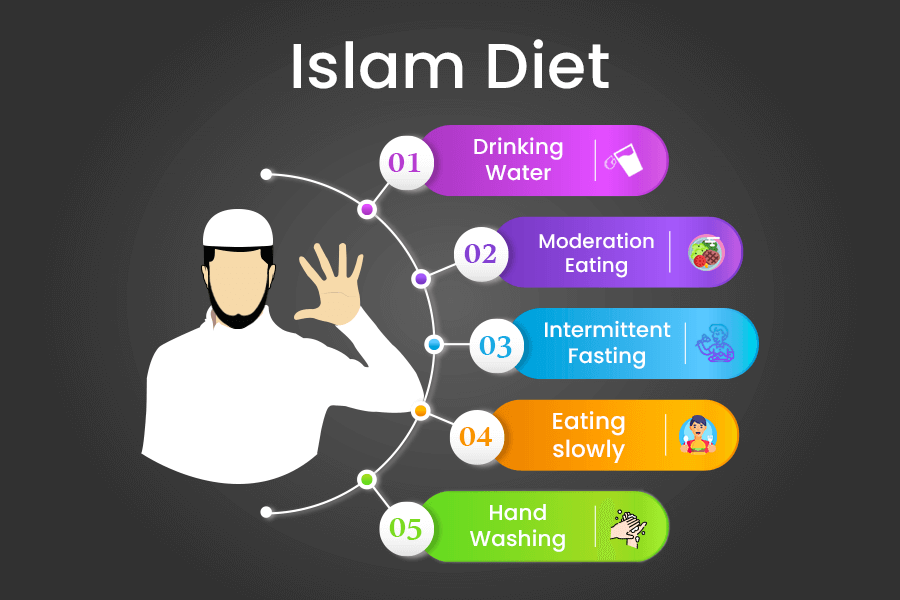Raising righteous children in today’s modern Arab society is both a blessing and a challenge. With Western media influence, digital distractions, and shifting cultural norms, many Muslim parents are wondering: How do we guide our children to grow up with strong Islamic values in today’s fast-changing world? In this article, we’ll explore actionable Islamic parenting tips rooted in the Quran and Sunnah, tailored for modern-day Arab families.
In this post, we’ll explore 10 practical and faith-based Islamic parenting tips to help you raise righteous children in today’s world—while staying rooted in the teachings of the Qur’an and Sunnah.
1. Start With a Solid Islamic Foundation
Teach Tawheed Early
The concept of Tawheed (the Oneness of Allah) is the core of our faith. From a young age, introduce your child to the idea that Allah created everything, sees everything, and loves them deeply. Use simple examples: “Who gave us the moon? Allah!” – Make it natural and consistent.
Build Love for the Quran and Sunnah
Incorporate the Qur’an into your child’s daily life with short, repeatable surahs. Make stories of the Prophets bedtime favorites. Celebrate small Quran memorization achievements with rewards and duas.
Incorporate Dua Into Daily Life
Let your child see you making dua, and encourage them to do the same—even for small things. This builds a deep, personal connection with Allah early on.
2. Be the Example They Follow
Your Actions Shape Their Faith
Children imitate what they see more than what they hear. If you want them to speak the truth, be honest. If you want them to pray, let them see you on the prayer mat daily.
Display Islamic Manners at Home
Say “Assalamu Alaikum” regularly, speak gently, give thanks to Allah aloud. These small daily habits help build a spiritually healthy home.
3. Create an Islamic Environment at Home
Limit Harmful Media
Monitor screen time and filter out content that promotes values contrary to Islam. Use parental controls and be present when they’re watching or using devices.
Encourage Islamic Entertainment & Books
Explore halal cartoons, Islamic songs (nasheeds), and storybooks that teach values like patience, honesty, and charity. Let Islamic entertainment be their default.
4. Discipline With Mercy
Follow the Prophet’s (ﷺ) Parenting Style
The Prophet Muhammad (ﷺ) never hit a child. He corrected with kindness, advice, and love. Discipline in Islam is never about fear—it’s about understanding.
Correct Gently, Praise Often
Instead of shouting, say, “What did we learn the Prophet would do in this situation?” Catch your child doing good and praise them sincerely.
5. Prioritize Salah & Worship
Make Prayer a Family Routine
Pray together as a family—even one prayer a day. The power of a united prayer cannot be overstated.
Reward Consistency in Ibadah
Create a reward chart for Salah, Quran recitation, and kindness. Make worship fun and goal-driven for younger children.
6. Teach Them About Halal and Haram
Explain the Why, Not Just the What
When explaining why something is haram, go beyond “Because Allah said so.” Help them understand the wisdom behind the rulings—this builds conviction.
Use Real-Life Examples
Whether in the supermarket or watching TV, use moments to show the difference between halal and haram in food, dress, and speech.
7. Embrace the Realities of Modern Life
Guide Their Use of Technology
Don’t ban everything. Teach digital responsibility. Discuss what’s appropriate, what’s not, and how to guard their hearts online.
Address Peer Pressure Islamically
Equip your child with Islamic responses to common peer situations. Role-play responses, and give them confidence to say “no.”
8. Stay Involved in Their Social Circles
Know Their Friends
Encourage friendships with families who share your values. Invite their friends over so you can monitor interactions subtly.
Promote Good Company & Islamic Values
Tell them the hadith about being with good company (like the perfume seller) and how it shapes character.
9. Encourage Questions and Curiosity
Create Safe Spaces for Islamic Discussion
Never shut down your child when they ask difficult Islamic questions. Say, “That’s a great question, let’s learn the answer together.”
Don’t Shame Their Doubts – Guide Them
Children growing up in modern society will encounter ideas that conflict with Islam. Be their guide—not their judge.
10. Make Dua – Always
Trust in Allah’s Mercy and Guidance
The most powerful parenting tool is dua. Make dua for your children after every salah, during the last third of the night, and in sujood.
Never Underestimate a Parent’s Dua
Many scholars and righteous individuals were the result of their mother or father’s sincere, regular duas.
Conclusion
Raising righteous children in the modern Arab world may seem like an uphill task, but it’s absolutely possible with consistency, love, and tawakkul (trust in Allah). Your efforts, however small, are seen and rewarded by Allah. Focus on progress, not perfection.
May Allah bless our children with taqwa, adab, and deep love for Him.
📥 Want more Islamic parenting guides? Sign up for our free newsletter!
💬 Got a parenting success story or tip? Share it in the comments!

FAQ Section
Q1: How can I teach Islam to toddlers?
A: Start with basic Arabic words like “Allah,” “Bismillah,” and “Alhamdulillah.” Use Islamic storybooks and songs to build familiarity.
Q2: What’s the best age to start teaching Salah?
A: Begin informal encouragement around age 4–5 and start structured teaching at 7, as advised in hadith.
Q3: Is screen time haram in Islam?
A: Not inherently. It depends on the content. Encourage halal, educational media and set clear time limits.
Q4: What if I wasn’t raised religiously—can I still raise righteous kids?
A: Absolutely. Many righteous families started with one parent making a change. Start where you are—Allah sees your effort.




